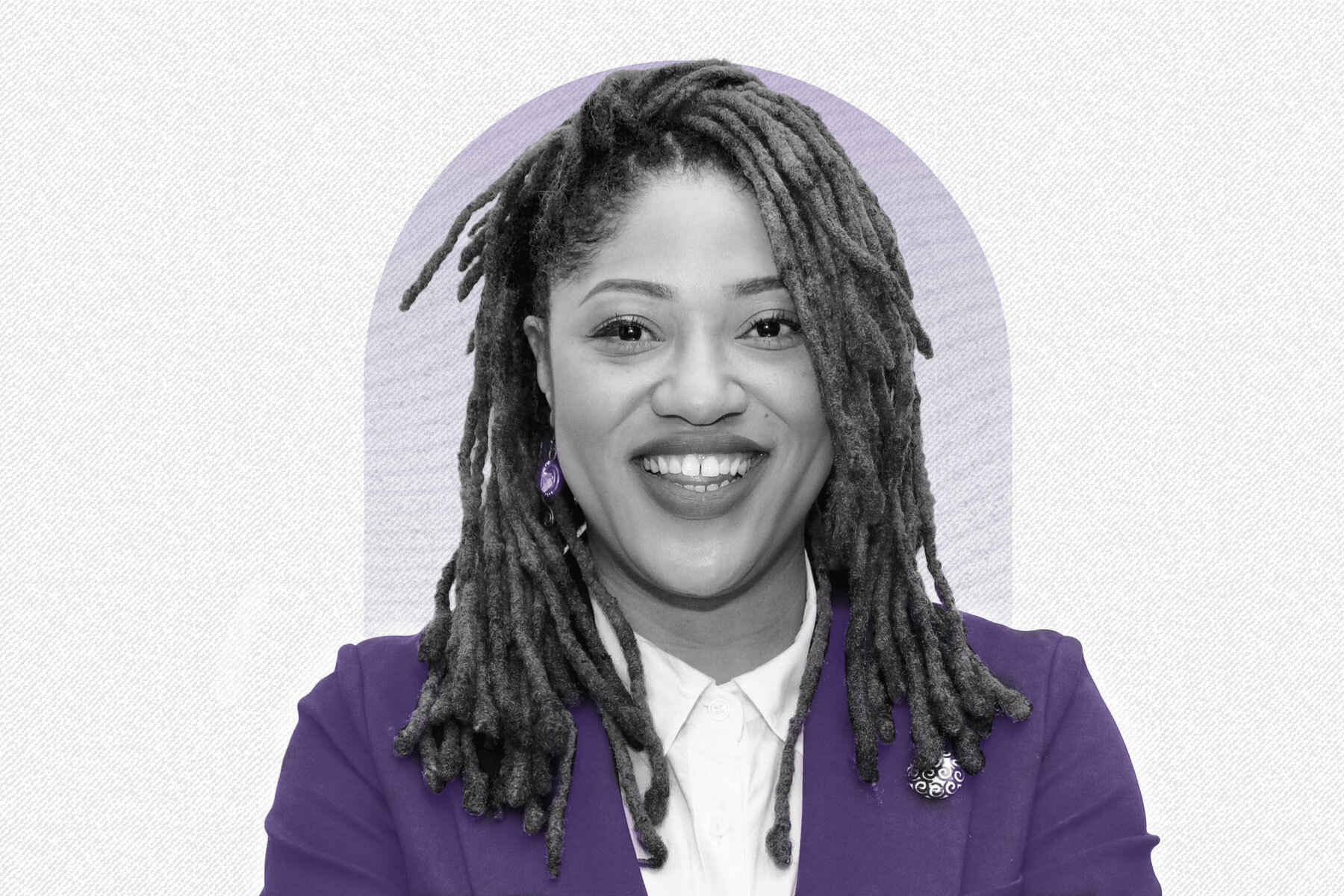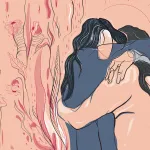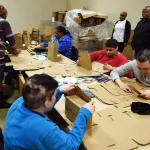Black History Month is a time to acknowledge Black pioneers, trailblazers and those who have made an impact by paving the way for the Black community. But some marginalized communities, particularly the LGBTQ+ and disability communities, have traditionally been left out of the larger conversation of Black excellence.
Natasha Nelson, a disabled veteran and disability advocate, is hoping to bridge one of those gaps. Nelson uses her company Supernova Momma to teach families how to incorporate positive discipline into households with disabled children. She also uses her platform on social media to highlight the intersectional experience of being a Black disabled person.
Most recently, she’s taken to X, formerly known as Twitter, to create a campaign called Black Disability History Month. Throughout February, her series has highlighted Black pioneers who lived with disabilities and advocated for disability rights.
Fannie Lou Hamer, Brad Lomax and Tatianna Lee are among the pioneers included in her series. Nelson sat down with The 19th to talk about her campaign and education around disability politics.
This interview has been edited for length and clarity.
Victoria Clark: What made you want to create a campaign that highlights Black pioneers with disabilities?
Natasha Nelson: The biggest thing for me has been this push that we have around Black excellence [which] excludes certain people. Black excellence is beautiful, but it gives off this pressure that if you aren’t excellent, you aren’t important. So it excludes certain people, and for me I have never seen a Black History Month campaign that displayed Black disabled leaders.
I wanted to display that within the platform that I have.
You’ve put an emphasis on education with this campaign. What do you hope is the main takeaway for your audience?
A lot of times when we think of excellence, we think of money. We think of acclaim. I really want to put a different idea on what Black excellence looks like. And understanding that if we’re going to say equality and representation for all, that means all of us, including the disabled us.
You’ve included activists in your campaign who helped move the Civil Rights Movement and Black disability movement along simultaneously like Brad Lomax, Fannie Lou Hamer, and even an activist of today, Tatianna Lee. What is some unfinished business that they left behind that you’d love to see addressed today?
I feel like the unfinished business is looking at how to support disabled people once they become adults.There’s this idea that disability is just about supporting children. But these disabled children become adults who need jobs, who need to learn how to take care of themselves, who need community, friends, activities and environments.
Once we start thinking about the fact that this isn’t just a child thing and that there are literal communities of people who are disabled and are still a part of our world, we [can] start investing in them, and it’ll help everyone.
How do civil rights and disability rights intersect and benefit each other?
A lot of the racism that is slung against Black people is ableism. There was scientific research at one point in time that said our heads were shaped a certain way and that was why we needed to be slaves. A lot of it has been ableist practices. The argument of why we didn’t need to read and write was that we didn’t have the ability. The argument of why we needed to be in the fields was that our bodies were stronger than White people’s and we could endure more pain.
If you go back to growing up as a Black person, there was this big fear of being “slow.”
That moniker has so much ableism and pressure on Black people, and it’s been placed on us since the beginning.
What is something you’d like to see change in society to benefit those with disabilities?
When you have a disability, if you don’t have someone advocating and fighting for you, you get lost. It’s like they don’t matter. I want us to think that all humans matter, in this capitalist society that we have. There’s this idea that if you don’t make something, if you’re not doing something, if we can’t pull some type of resource out of you to make money, then you are worthless.
To me, that is a cry for help within our communities for our elderly, for our children, and for our disabled people.
In the Black community there is a fear of being labeled as disabled because it’s said to make one weaker. How can we as a community overcome this stigma and get the help we need when it comes to being undiagnosed?
You have to be the strongest person in the world to be an “other.” It has been so much easier for me personally to mask and do everything that society wanted and expected me to do, than it has been to unmask. Because when I unmask … there’s so much more confrontation, and we’re talking queer, we’re talking disabled, we’re talking woman, we’re talking being Black.
I would say it is the most powerful thing to own who you are and do it despite the pressures of society, family, culture and your world.
What other campaigns surrounding Black disabilities have inspired you or caught your eye recently?
The Color of Autism [Foundation] has been working on a campaign to get more education about the early signs of autism into Black communities so that Black families can take advantage of resources like early intervention and start having speech therapy, occupational therapy, physical therapy for free to help support their children.
Georgia Tech is currently doing a documentary on [six] Black families who have or are dealing with autism. The screening is on March 22 at Georgia Tech.
The last one I have, and you’re going to laugh, but I’m very serious: The Proud Family [animated TV series] had an autism episode, and it was so well done. They actually reached out to Black autistic people to get feedback and make sure that they were doing the right thing.







